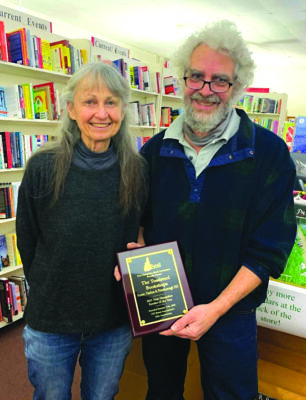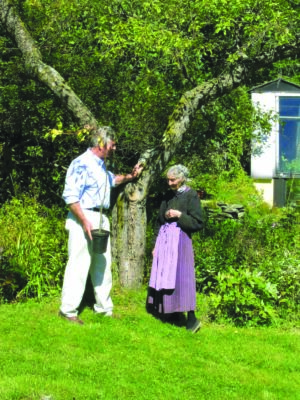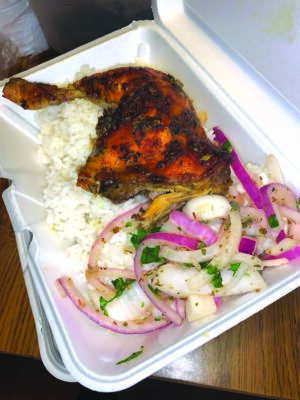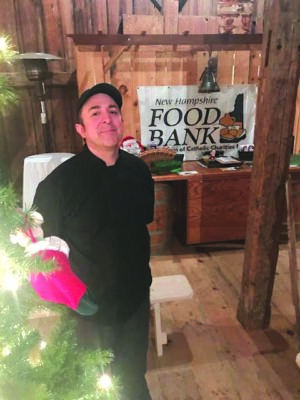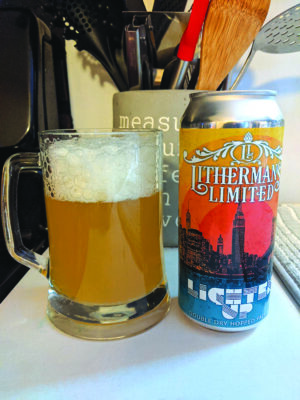Most folks probably scanned past the news item that recently reported the imminent closure of the 450-year-old “Lamb and Flag” pub in Oxford, England. This venerable gathering place on St. Giles Street has served clients local and visiting, famous and ordinary, and even the likes of me. The pub not only held fond memories for me, it also indirectly affected the upbringing of my children.
In the early ’70s, while doing research for my doctoral dissertation in the Bodleian Library nearby, I would repair to the Lamb and Flag at the end of the day for well-earned refreshment. My favorite seat in the pub — if it were available — was at an ancient and worn oak round table situated in a corner and flanked by two tall bookcases.
On my first visit to the pub, that space caught my eye because it was occupied that afternoon by an Oxford don and three of his students. I sat close enough to them to engage in my favorite pastime, namely eavesdropping. They were discussing a poem and each had their book open in front of them along with a pint of bitter. Behind them, the two tall bookcases were filled with Oxford University Press reference books. From time to time, I noticed, one of the group would turn around, take down a book, and look up a reference. I was fascinated by the ritual, not to mention the novelty that a pub would keep so many shelves of reference books. Thereafter, I sat at that table every time I could and I too would turn and look something up from one of the books.
Twenty-five years later, my family and I moved into a house in southern Oregon. A feature of the house that attracted me immediately was a little corner dining nook that had two tall bookshelves behind it. Ah ha! I decided to fill it with all of my reference books, from the Concise Oxford Dictionary of Music, Dictionary of Ancient History and Fowler’s Modern English Usage, to The Oxford Dictionary of Modern Slang. There were tomes of history, books on world religions, collections of poetry and language dictionaries.
Before long, our family had its own ritual. We had many of our meals together at that round table in the nook. Whenever a question of fact or definition arose, someone would say, “Let’s look it up” and would reach around to find the appropriate reference work. Tedious? Yes, I am sure our son and daughter felt that way many times. Nevertheless, we sorted out a number of homework assignments, not to mention settled disputes.
So, yes. I shall miss the Lamb and Flag, almost as much as I miss those family gatherings around our own reference table. With Google readily available now, we don’t need those any more. Do we?
Summer Camp! 03/11/2021
Summer Camp!
Summer Camp!
Get excited about summer camp! Most of the usual summer camps will be back in business, in person, this year. Find the perfect camp for your kid — there are options for blooming artists, sports fans, music lovers, nature enthusiasts and more.
Also on the cover, A new space for community art classes has opened on Hanover Street in Manchester, p. 22. The new Hotbox eatery in Manchester will be serving up Latin soul and street foods, p. 30. And beer columnist Jeff Mucciarone shares a few random beer selections for the random month of March, p. 34.
Click to read our E-Edition PDF for FREE.
Our advertiser supported e-edition will always be free to view and download.





